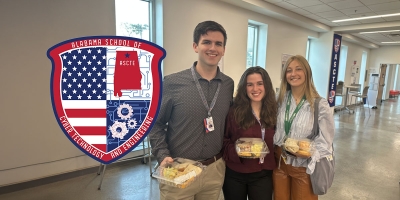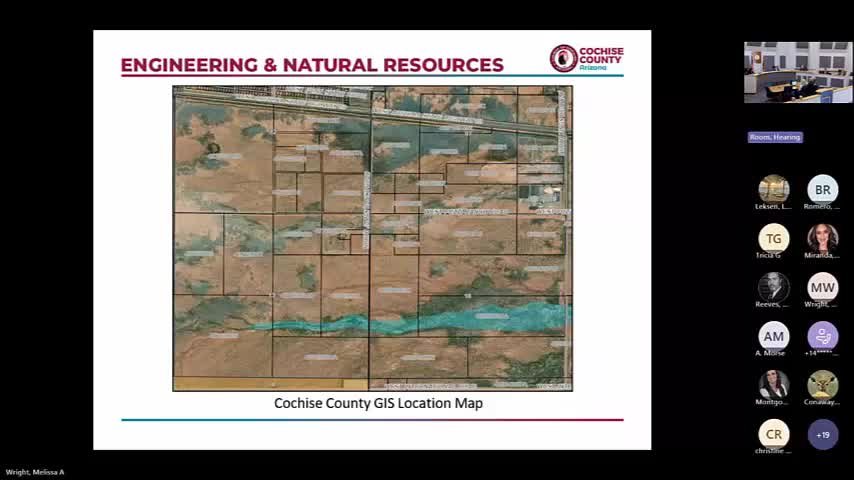
When Buddy Watson was in eighth grade in rural Alabama, a coding teacher mentioned something that would change his life: a new cyber and engineering school was opening up in Huntsville. That school, the Alabama School of Cyber Technology and Engineering (ASCTE), became the first public high school in the country focused entirely on cybertech and engineering, and Watson joined its inaugural freshman class.
“I think I might’ve been awake for like 72 hours straight. I just had to follow my dream and take the leap,” Watson recalls about his choice to attend the residential school during the uncertain times of Covid-19.
Fast forward three years, and it seems that leap has paid off. Now a sophomore at Mississippi State University, majoring in mechanical engineering with a minor in Russian, he’s already landed internships related to his studies—something that many of his ASCTE classmates are also experiencing.
Break Traditional Molds
ASCTE stands out as a leader in innovative education, providing tuition-free experiences to over 300 students across Alabama while integrating cyber and engineering concepts into their learning. In history class, they don’t just memorize dates; they delve into how technology has evolved. Watson explained, “We looked at the history of engineering, the development of machines, and their societal impacts—how codes were used for both good and bad purposes.”
The faculty includes industry professionals who bring practical knowledge to the classroom, offering insights on technical writing, social engineering, and even drone racing.
Expansion of Statewide Impact
The influence of ASCTE extends beyond Huntsville. Through its Accel program, it provides specialized STEM curricula to schools statewide and helps shape the Alabama Department of Education’s AI curriculum.
Furthermore, the school has introduced an “all-child approach” that focuses on academic, social, and emotional needs, garnering attention across Alabama. Recently, ASCTE counselors have been leading training sessions for other educators.
“If we stumble, we have support from others; that’s the culture here,” Watson noted. “We’re all in this together, helping each other achieve our goals.”
Early Investment Return Rate
ASCTE isn’t just about academics; it’s helping cultivate a talent pool that contributes to Alabama’s workforce even before they graduate. Many students have begun working in engineering and cybersecurity internships, obtaining hands-on experience that enhances their classroom learning.
Watson, for instance, is engaged in mechanical engineering work both remotely and on-site during the school year. Another alumnus, who had originally planned to study on the West Coast, decided to remain in Alabama after securing a competitive position with federal agencies.
“The environment at ASCTE encourages us to take responsibility and use what we’ve learned in real-world situations,” Watson remarked.
Future Model?
As Alabama continues attracting major investments in technology and manufacturing—from Facebook data centers to car factories—the demand for skilled workers is growing. The ASCTE is one potential solution to meet these workforce needs right at the high school level.
The early achievements of the school imply that this unique approach could be a viable model for other states facing similar workforce challenges. For now, it seems Alabama has a lead with its pioneering institution.
For Watson, who once debated the risks of attending an unconventional school, the outcomes are clear.
“The freedom to explore, to fail and try again, is what encouraged me to fully dedicate myself to engineering,” he shared.







